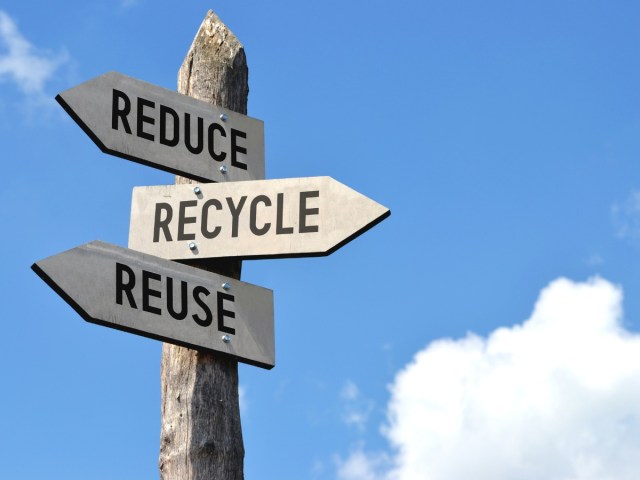
In an Australian first, a group of companies have collaborated to produce Australia’s first soft plastic food wrapper made with recycled content.
The companies – made of REDcycle and CurbCycle, iQ Renew, Licella, Viva Energy Australia, LyondellBasell, Taqhleef Industries, Amcor, and Nestle – created the prototype KitKat wrapper.
The initiative emerged from a trial underway on the NSW Central Coast, where Australian Recycler iQ Renew and Nestlé are working together on a trial of kerbside collection of soft plastics. These collected plastics, together with plastics collected via the REDcycle supermarket soft plastic collection, formed the starting point for the project.
REDcycle and CurbCycle collected households’ soft plastic waste, some from REDcycle bins and some from the kerbside collection trial. iQ Renew sorted those bags in their Material Recovery Facility (MRF), removed the contaminants, and did the primary processing to create a feedstock.
Licella converted the plastic to oil using its Australian-developed advanced recycling technology, Cat-HTR, while Viva Energy Australia refined the synthetic oil and LyondellBasell made food grade polypropylene.
Taghleef Industries created a metalised film, while Amcor printed and created the wrapper. And finally, Nestlé wrapped the KitKat.
This partnership emerged as food grade recycled soft plastic packaging has been a key missing link in Australia’s bid to improve waste management and build a circular economy, with a lack of both collection and processing infrastructure making it difficult to keep waste out of landfill and impossible to meet demands for packaging with recycled content.
The prototype KitKat wrapper is said to represent Australia’s opportunity to close the loop on recycling soft plastics, has been created by a coalition of companies with a shared vision.
Turning soft plastic back into oil is the only path plastic waste can take if it is to be transformed into a food safe wrapper: innovative Australian technology that is ready for commercial roll-out in Australia.
Nestlé Australia CEO Sandra Martinez said the project had been driven by a shared determination to resolve the soft plastics challenge – and an enormous amount of good will.
“Between us, we have shown that there’s a pathway to solve the soft plastics problem. To build this at scale, across all states and territories, across hundreds of councils, is going to take a huge effort from government at all levels, from industry and from consumers, but I think it can be done,” she said.
“Manufacturers like Nestlé will have a key role in driving demand for food grade recycled soft plastic packaging, and creating market conditions that will ensure all stakeholders throughout the value chain view soft plastics as a resource and not waste.”
To date, soft plastics collected in Australia have been made into products like outdoor furniture, added to road base or used in waste to energy.
iQ Renew CEO Danial Gallagher said, “to improve the recycling rate of soft plastics, kerbside collection is an important point of convenience. In the trial, soft plastics are collected from kerbside recycling bins in a dedicated bright yellow bag, then sorted from the recycling stream at our MRF.
“To create the KitKat wrapper with 30 per cent recycled content, the soft plastics were processed, then sent to Licella for conversion back into oil using the Cat-HTR advanced recycling technology. This oil was then used to produce new food grade soft plastics.”
Tanya Barden, CEO of the Australian Food and Grocery Council (AFGC), said learnings from the Central Coast trial will be informative as the AFGC works to develop an extended producer responsibility scheme for hard to recycle plastics, such as soft plastic packaging.
The AFGC received funding from a National Product Stewardship Investment Fund grant to develop the scheme arrangements, which will then be implemented and funded by industry.
“Among other things, we’ll be looking at how this model can be scaled up, ensuring there is healthy demand for packaging with recycled content and helping bring to life local industries that can unlock billions of dollars of value that’s currently lost to landfill,” she said.


